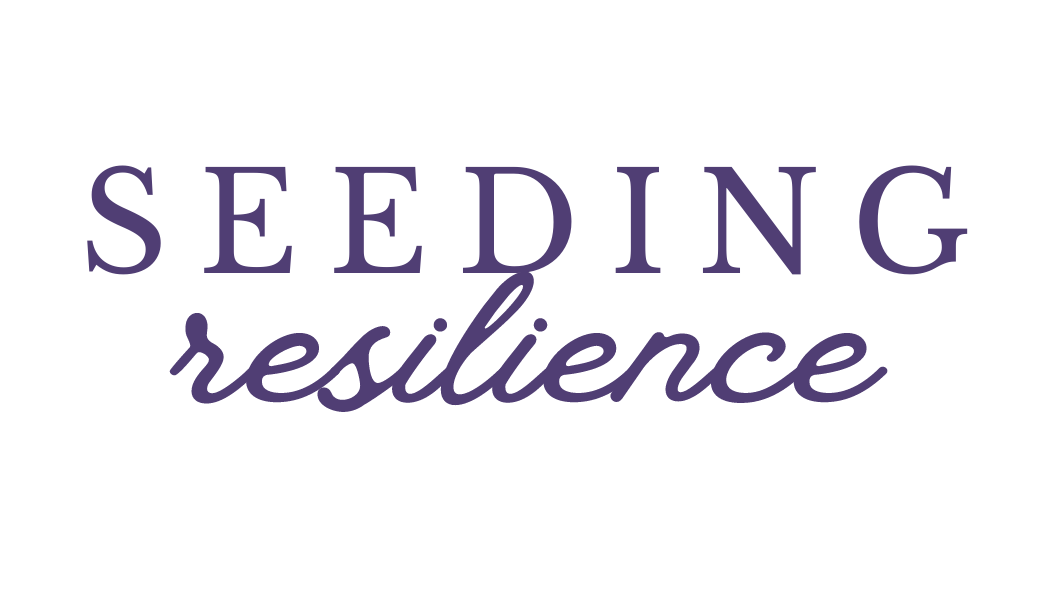Recently, Congress mandated that the Consumer Products Safety Commission (CPSC) lower lead and phthalate limits in children's products in a law called the Consumer Products Safety Information Act, or CPSIA. We 100% agree with the intent of the act: protect children from needless exposure to dangerous toxins.
It is the extent and unintended consequences of CPSIA that are troubling. Think about this. Do you:
Read books to children?
Shop thrift stores for products that might be used by kids under 12?
Enjoy handmade heirloom toys?
Donate old children's items to thrift stores?
Buy children's items from small manufacturers or retailers?
All of these actions are affected under current CPSIA rules. The legislation currently mandates that as of February 10, it is illegal to sell or give away items reasonably used by children under age 12 that do not carry a general certification of conformity. Penalties include jail time and fines; the maximums have not yet been established.
Handmade toys and clothing are two other industries threatened by CPSIA. Thousands of small in-home businesses make clothing and toys available on Etsy.com and at art fairs around the country. Many offer custom size and decor options.
The CPSIA regulations require testing of the final product (each product, that is the red truck, the blue truck, the yellow truck, etc.) to establish lead and phthalate content, at a rate of between $300 - $1000 per item. Component testing or pass through testing of materials is not currently allowable.
I foresee, then, a toy market that belongs wholly to mega manufacturers. Custom items including specially sized clothing, name puzzles, personalized chairs will be a thing of the past or only available at exorbitant prices. Families who relied on the income provided by sale of their handmade toys will have to find other work.
For used items, the CPSC issued a clarifying statement that is anything but clear. They say "The new law requires that domestic manufacturers and importers certify that children’s products made after February 10 meet all the new safety standards and the lead ban. Sellers of used children’s products, such as thrift stores and consignment stores, are not required to certify that those products meet the new lead limits, phthalates standard or new toy standards.
The new safety law does not require resellers to test children’s products in inventory for compliance with the lead limit before they are sold. However, resellers cannot sell children’s products that exceed the lead limit and therefore should avoid products that are likely to have lead content, unless they have testing or other information to indicate the products being sold have less than the new limit. Those resellers that do sell products in violation of the new limits could face civil and/or criminal penalties."
In my interpretation, this means that resellers can continue selling used items, but if they sell products in violation of the limits they can be held responsible. I forsee many thrift stores refusing to sell or accept donations, which means many used items will be thrown in a landfill instead of continuing their useful life.
Libraries and bookstores may be held accountable to the same testing standards for children's books as exist for toys, clothing, and other children's accessories. CPSC issued an opinion on books that affirms children's books must adhere to the lower lead limits. While I don't foresee libraries pulling all children's books off their shelves, it does appear that untested books will be considered a 'hazardous item'.
Here at Baying Hound, we have only a few items that fall into the 'primarily used by children under 12' category, namely the Klean Kanteen 12 ounce and sippy bottles. We have requested certification from the manufacturer. If we can not get certification we will stop selling these items.
I am more concerned about friends who make toys and clothing specifically for children, and how the potential loss of this whole industry will affect the American economy. Selfishly I am saddened that soon my choices for toys for my daughter will be limited to mega company junk or handmade toys bought under the table.
There is still time to affect change. The Handmade Toy Alliance has a fantastic site devoted to saving handmade toys. We share their position that the best course of action right now is to contact representatives and CPSC officials with the following proposal:
"I request the Consumer Product Safety Commission to make some very reasonable exclusions in their interpretation of the law as they continue their rulemaking process. These include exempting books and uncoated fabrics from testing and allowing manufacturers to rely upon testing done by their materials suppliers instead of paying for redundant unit-based testing. I would also like to see an exemption to third party testing requirements for micro-businesses similar to the exemptions granted by the FDA for small producers under the food labeling laws."
We have contacted our representatives by phone and email. We urge you to do the same. Find your Congressperson and Senator. The CPSC provides a web form for questions/comments.
Note:
All source data about the law was taken from the CPSC's website on CPSIA, http://www.cpsc.gov/ABOUT/Cpsia/cpsia.HTML I am not a lawyer, and even CPSIA's legal interpretations are preceeded with words of caution. My interpretations are solely mine.
